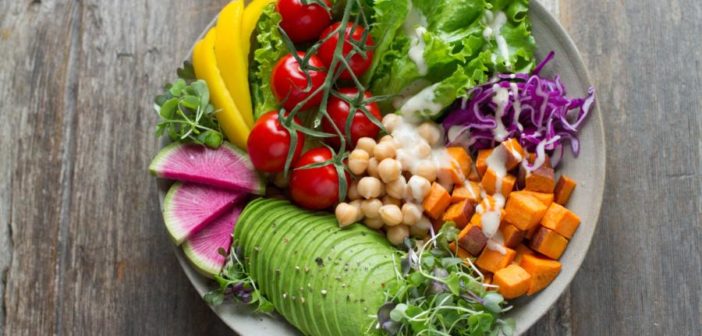Disclosure: Some of the links in this write up are affiliate links which means that if you buy through any link here, we get paid a small referral fee which helps support this website. We want to let you know that this does not affect our review. We generally are impressed with the products we mention unless otherwise noted.
Protein is in the media lately with conflicting and confusing messages and information about the best protein supplements for seniors and where to find them. The fact is, protein is critical to maintaining and building muscle and healing from injury or illness. We will give you the best protein supplements for seniors based on your preferences, affordability, and ease of access. Before making any significant changes to your diet, check with a nutritionist or your healthcare provider.
Aging takes a proactive approach to remain vital and healthy. There are many moving parts as you start and stay healthy from activity, keeping socially connected, challenging your mind, and having a balanced and nutritious diet. Let’s get started on the importance of protein as you age.
WHY IS PROTEIN IMPORTANT AS YOU AGE, AND HOW MUCH SHOULD YOU GET?
Protein is necessary at any age and particularly valuable as you age. Protein is a crucial part of the process that fuels your energy and carries oxygen throughout your body. It also helps make antibodies that fight off infections and illnesses and helps keep cells healthy and create new ones.
Decreasing muscle mass is common as people age. Why? Lack of activity and declining hormones such as testosterone are contributing factors. If you have a fall or illness, getting back to your previous level of functioning can take a great deal of effort, and some people backslide, getting weaker over time. The term for muscle loss as people age is called Sarcopenia.
As you start to lose muscle mass, it is a vicious cycle. You get weaker, have less stamina, and do less; you build less muscle. Another contributing factor is not getting adequate calories and protein. The amount of protein you should get depends on several factors. A study from Purdue University found that older women should get 29 percent more protein than the current recommendation, which is 0.36 grams for each pound of body weight.
CHOOSING THE BEST PROTEIN SOURCES
Now for the hard part. How should you get your protein? The answer depends on your dietary preferences. Perhaps you are vegan or vegetarian. Let’s take a look at the best protein supplements for seniors.
- If you are a meat-eater, choose lean options like chicken and grass-fed beef. Fish such as salmon and tuna are also good sources of protein. Avoid processed meats such as hot dogs, sausage, ham, salami, bacon, and jerky.
- Nuts, nut butter, eggs, legumes, organic soy, oats, and beans are good healthy protein sources.
- Protein shakes can be a great way to get not only protein but your veggies and fruit as well. There are plenty of plant-based protein powders for vegans that are soy or pea-based. Starting your day with a high protein shake can get you started on the right track, then you can supplement with other quality protein sources throughout the day. Just make certain that the protein supplement you use doesn’t have too much-added sugar.
- Organic tofu and tempeh are excellent meat alternatives and can be added to other dishes to contribute to protein intake.
- Organic dairy products like milk, yogurt, and cheese
- Other protein sources you may not have thought of include quinoa, pumpkin seeds, brussels sprouts, and broccoli.
OTHER FACTORS IN BUILDING MUSCLE AND MAINTAINING FUNCTION
Getting adequate protein is great, but you have to exercise to maximize its potential and increase muscle mass. Some women may consider hormone replacement therapy after menopause. Preventing falls and continuing to function at a high mental and physical level should be your goal as you age.
- Do weight-bearing exercises for the upper and lower body. Weight-bearing exercises build muscle and also increase bone density. If you don’t have a gym to go to, there are tons of options online to get started. Just start slowly to minimize the risk of injury.
- Add some sort of aerobic activity that gets your heart rate up. Walking is an excellent and safe activity.
- Get plenty of sleep
- Make sure you get lots of fresh vegetables and fruit in your diet as well
- Work on balance and flexibility with a physical therapist or personal trainer
THE BEST PROTEIN SUPPLEMENTS FOR SENIORS
Now you know that the best protein supplements for seniors are a variety of foods. Base your decisions on what you like and what is proven to be healthier for your heart and overall well-being. If you are very active already, you may need to adjust your protein intake to account for a high activity level. Improve your health and maintain muscle mass by supplementing your diet with adequate protein.
A Note from Leslie Eckford: I actually have this Orgain Protein Powder every morning. I blend it with oat milk (not a good source of protein), frozen blueberries and banana. 21 G of plant protein and delicious!



